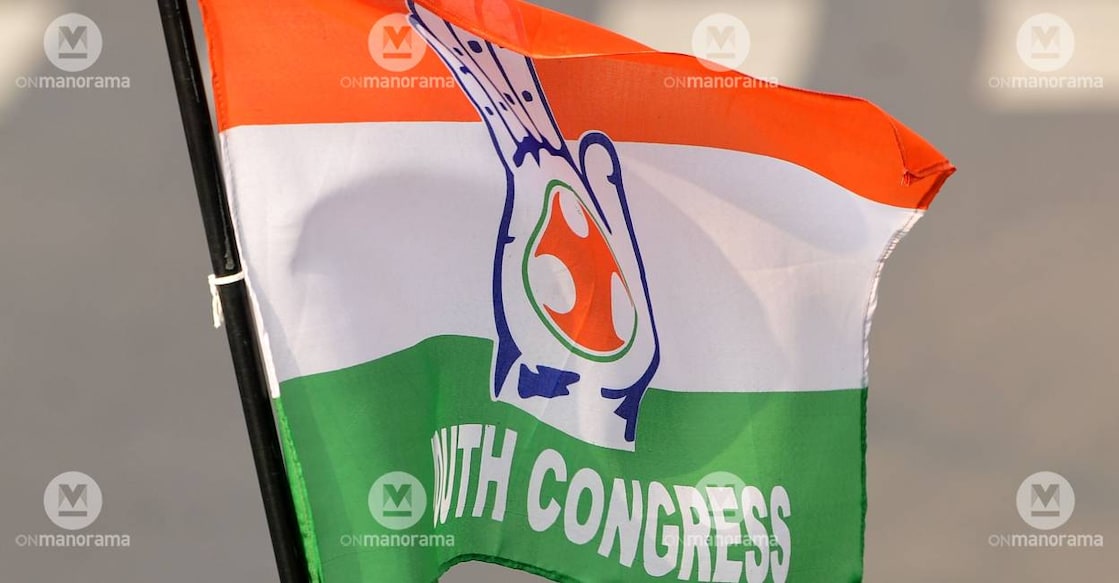Fake voter ID: 'No evidence to prove sedition', court grants bail to 4 Youth Cong workers

Mail This Article
Thiruvananthapuram: Rejecting the arguments of the police, the Chief Judicial Magistrate Court on Thursday granted conditional bail to four Youth Congress workers in the case of making fake voter ID cards in the Election Commission's name during an internal election. The court pointed out that though the prosecution argued the crime was seditious, the police failed to produce evidence to substantiate the claim.
The accused are Youth Congress workers Feni Nainan, Binil Babu, Abhinand Vikram and Vikas Krishnan. The court also dismissed the police plea seeking custody of the accused. Reprimanding the police, the court expressed concern over the actions of the investigating officer who did not follow the rules of criminal procedure. "The probe team crossed two districts to arrest the accused, but did not obtain permission as per law," the court pointed out.
It also rejected the prosecution's contention that the accused would destroy evidence if granted bail. "The police informed the court that the accused destroyed the evidence in the computer and mobile phone. If the evidence has been destroyed, then what is the need for extended custody?" asked the court. It also said destroyed evidence can be retrieved with the help of forensic cyber experts.
The prosecution had argued the accused committed a serious offence and that there was evidence to prove the same. They also said more people were involved in the incident and sought extended custody of the accused for a detailed investigation.
The court directed the accused to appear before the investigating officer till November 27. Then they shall appear for questioning on Tuesdays and Saturdays for the next month and on Saturdays for the month after. They have also been directed against leaving the country.
The police's remand report stated that producing fake voter ID cards in the name of the Election Commission during organisational elections was a threat to national security. It further stated the elections were conducted through a mobile app and that the accused used fake IDs to ensure that desired candidates won.
The report submitted to the CJM court stated that defendants one to three used the help of the fourth defendant, who is a cyber expert, to create fake IDs using the election ID number in the voters' list, changing the name, address, photo and unique identification numbers using photoshop software.

